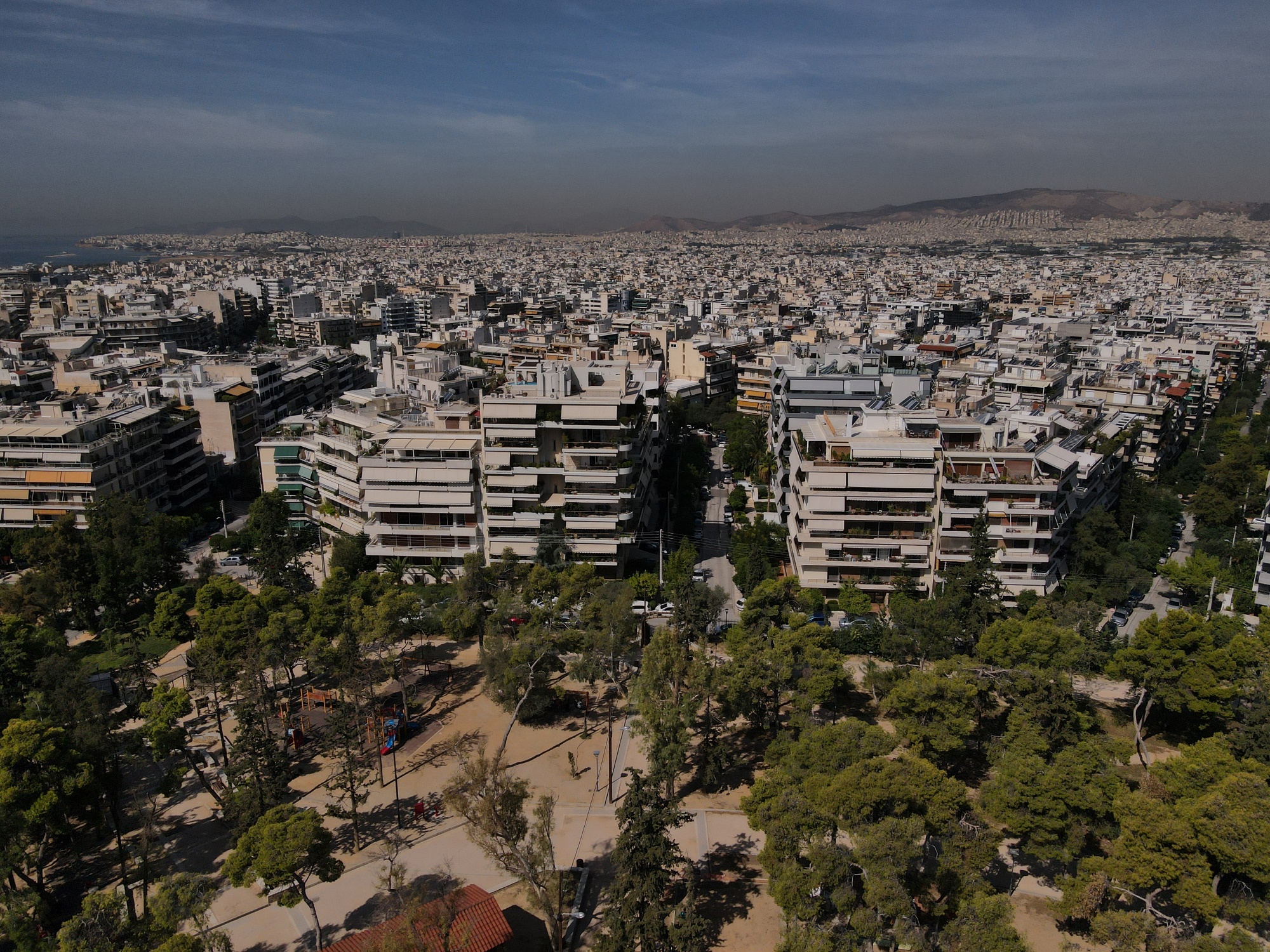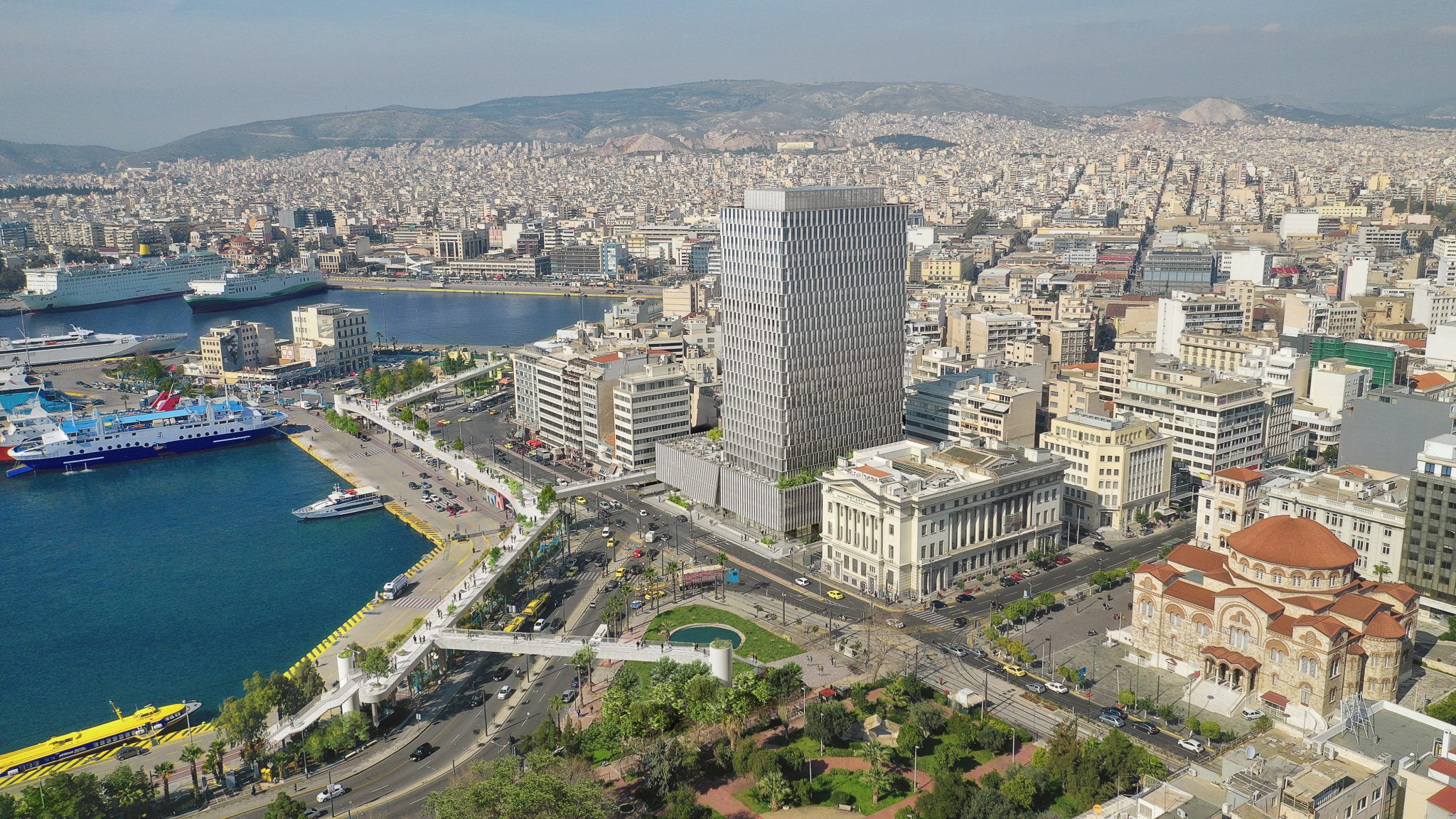Real Estate: How will changes to the Greek Golden Visa affect property prices in the Athens Riviera?

From September 1st, 2024, the minimum threshold for purchasing property in Greece linked to the Golden Visa program is changing.
- 30/08/2024, 20:27
- Author: George Lampiris
Significant changes are coming to the southern suburbs of Athens but also overall in Attica and other regions of Greece starting from September 1st, 2024, when the minimum threshold for property acquisition linked to the golden visa program will change. Construction companies or property management firms that are primarily involved in this market have repeatedly expressed their opposition to this specific change introduced by the government, citing the increase in housing sale and rental prices.
Starting from September, in the Attica Region, the Regional Units of Thessaloniki, Mykonos, and Santorini, and on islands with a population of over 3,100 residents, the value of real estate purchased under the golden visa scheme cannot be lower than 800,000 euros. In the rest of the country, the value of real estate is set at 400,000 euros.
On the other hand, the restrictions imposed last year by the Greek state, increasing the minimum threshold to 500,000 euros in many areas, created issues in the market. The purpose of this measure was to address the housing problem and the price increase, which, according to the Greek government, resulted from the increased demand brought about by the 250,000 euro threshold of the Golden Visa program, as it was before the relevant changes.

It is noted that policies for granting residence permits or citizenship to foreign nationals are implemented in more than 100 countries worldwide. These programs are particularly widespread, aiming to attract foreign investments and offer opportunities for investments in sectors familiar to investors, such as real estate.
On the other hand, there has been a phenomenon observed in areas like Piraeus and the western suburbs of Athens, where prices have been rapidly increasing recently due to the imminent change in the Golden Visa thresholds from September 1st, to 800,000 euros. Additionally, in these areas, the minimum threshold had remained at 250,000 euros before the change, which served as an additional incentive for foreign investors, increasing demand and prices in these regions. However, it is estimated that the change in thresholds from September 1st will also lead to a decrease in investment willingness for property acquisition through the golden visa scheme.

The conversion of existing properties into residences
In the recent government law regarding the golden visa, instead of abolishing the golden visa or universally raising the threshold to 800,000 euros, a provision was introduced for the possibility of converting an old industrial building into a residential complex, with the threshold in this case for the golden visa remaining at 250,000 euros. In this way, market stakeholders believe that several new properties will enter the market, which will be priced at 250,000 euros, simultaneously providing a solution to the housing issue.
There is a shortage of 220,000 residences in Attica
Those who have an interest in the golden visa market argue that property prices are determined by the law of supply and demand, meaning that the more properties available, the lower the prices, while the more limited their availability, the higher the prices. Another element on which these businesses base their arguments is the recent study by Piraeus Bank, published in November 2023, which states that there is a shortage of 220,000 properties in the Attica basin in order to achieve absolute equilibrium between supply and demand, a phenomenon known as equilibrium. This equilibrium results in property prices remaining stable without fluctuations.
A significant number of residences are currently held by banks and funds, which manage them but do not release them onto the market. In a recent statement, the president of Chinese-owned construction company Vsquared Development, Vangelis Kteniadis, pointed out that this method creates the artificially induced “drip torture,” where they release as few properties as possible into the market each year in order to achieve the highest possible selling price. He also argues that banks and funds are the two main factors causing the housing crisis in the Attica basin and determining the increase in prices.
Currently, there are 183,000 properties in the Athens basin under short-term lease agreements, which is also considered to contribute to the increase in residential property prices.

It is noted that for the acquisition of the golden visa during the 11-year validity of the program, 22,000 properties have been made available. Of these, 70%, which is over 14,000 properties, have been developed by constructors either by purchasing plots, reconstructing old abandoned properties, or taking on the completion of semi-finished constructions that were left unfinished, according to Mr. Kteniadis. He further states that due to the golden visa, 8,000 properties owned by individuals were removed from the market. Subtracting the 8,000 properties owned by individuals from the 14,000 properties added by constructors to the market, he argues that a surplus of 6,000 properties was created, with the golden visa negatively impacting the market. Based on the data cited by Vsquared Development, only 6% of property owners reside in the properties they purchase, meaning they rent out these specific houses to third parties, specifically the remaining 94%. According to the same data, only 5% of these properties are used for short-term rentals.
Based on data from the Ministry of Finance, in 2021, 1,997 applications were submitted for the granting of the golden visa, of which 1,826 were approved. In 2022, 4,362 applications were submitted by foreigners for the “golden visa,” of which 3,759 were approved. In 2023, a total of 8,516 applications from foreign citizens were submitted for the acquisition of the golden visa.
The proposal to set the limit at 250,000 only for newly constructed properties
The proposal from many property developers was to exempt newly constructed properties from the government restrictions and only ensure residency permits under the golden visa scheme for foreign investors purchasing homes in Greece. This essentially gives developers the opportunity to create new properties while simultaneously boosting the construction market and introducing more new properties into the market, increasing the availability of rental housing in order to lower rental prices. However, this proposal was ultimately not accepted, resulting in the modification of limits for all properties in most areas of Greece starting from the beginning of this year’s autumn.